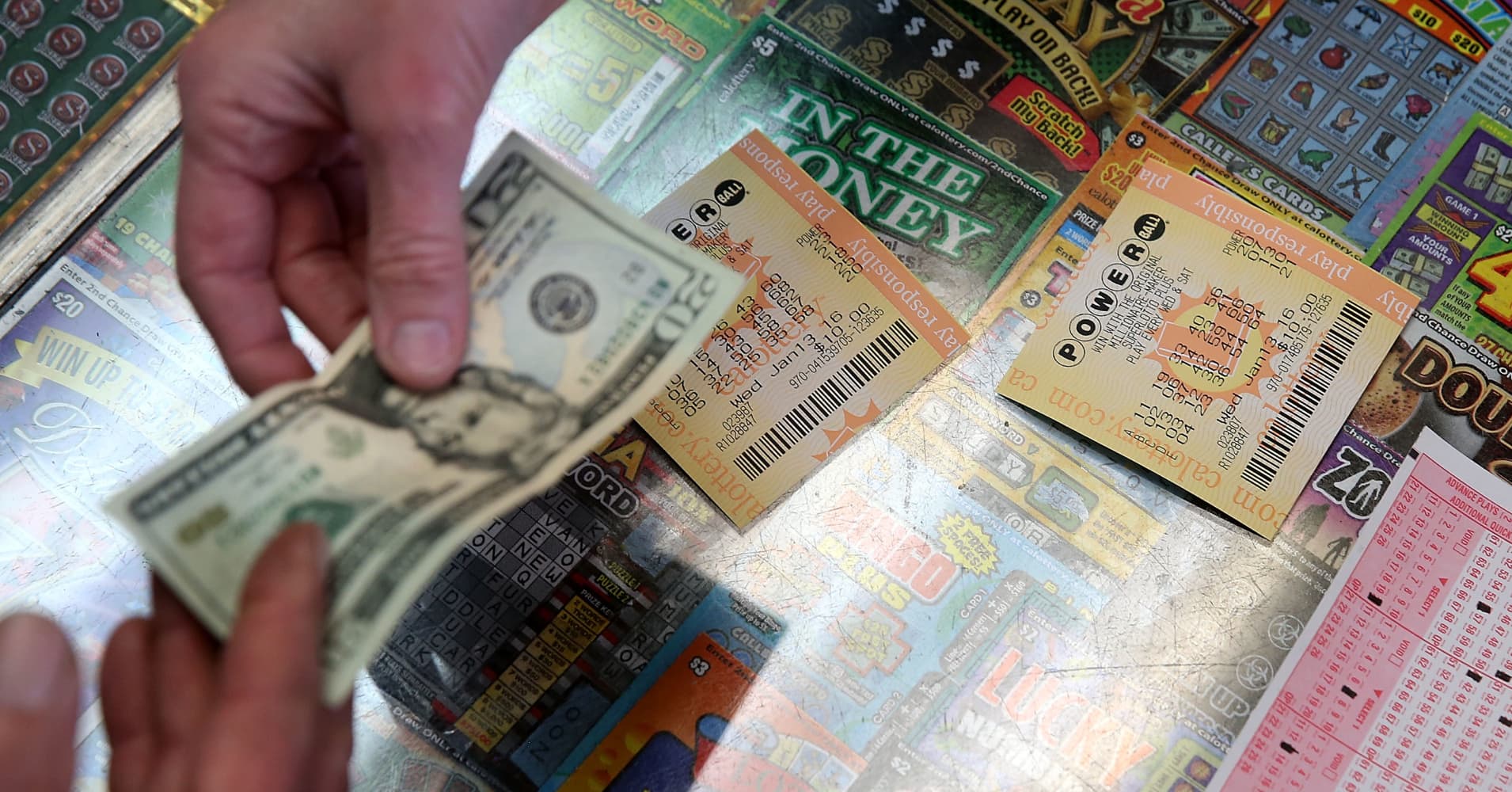
Whether you choose to take your winnings as a lump sum or as an annuity spread over 30 years, the IRS will shave off 24 percent of your winnings before it even gets to you.
For the $470 million Mega Millions jackpot, the immediate cash option is $265 million. For the $253 million Powerball jackpot, it’s $148.4 million.
The 24 percent federal tax withholding would reduce Mega Millions’ cash option by about $63.6 million, to $201.4 million, and Powerball’s by $35.6 million, to $112.8 million. You also should anticipate owing more to Uncle Sam at tax time.
More from FA Playbook:
How to maximize your tax benefits from medical expenses this year
Bitcoin investors beware: The IRS wants its piece of the action
What to watch out for on the cannabis investing bandwagon
On top of the IRS withholding, you’ll pay state taxes on the money, unless you live in a state where lottery wins are untaxed. For states that take a piece (and most certainly do), the rate ranges from a high of 8.82 percent in New York to a low of 2.9 percent in North Dakota, according to lottery site USAMega.com.
If you suddenly become one of the One Percent, minimizing your tax burden will likely become one of your financial priorities. Make sure that when you turn to experts for help, your team includes a tax advisor and financial planner, along with an attorney experienced in helping lottery winners (this should be your first call).
Be the first to comment